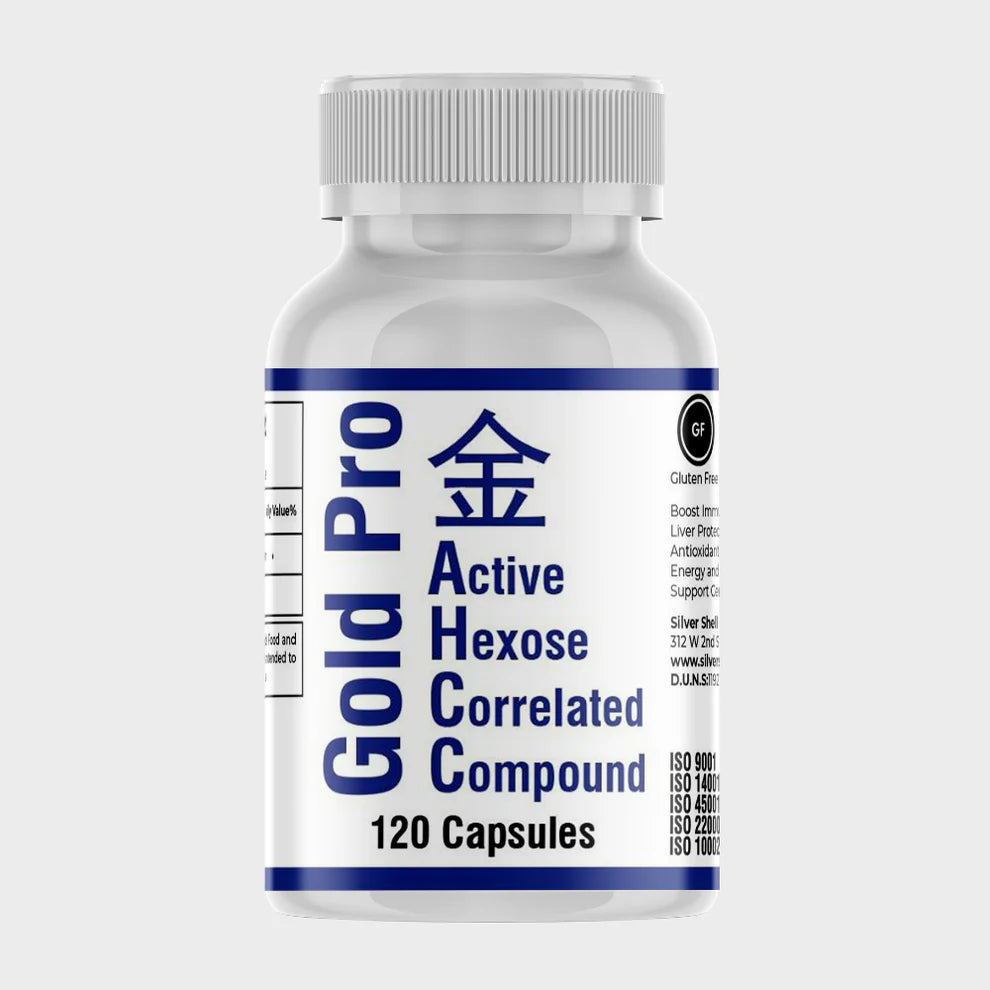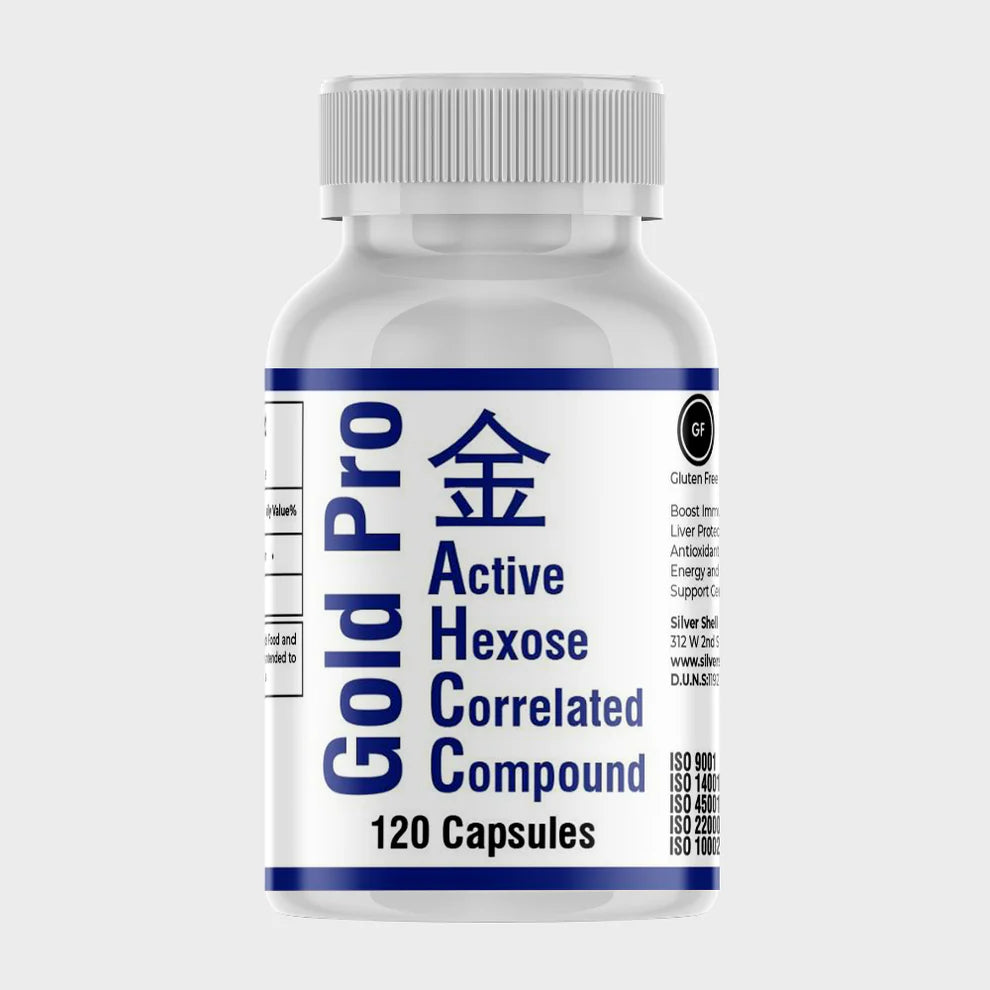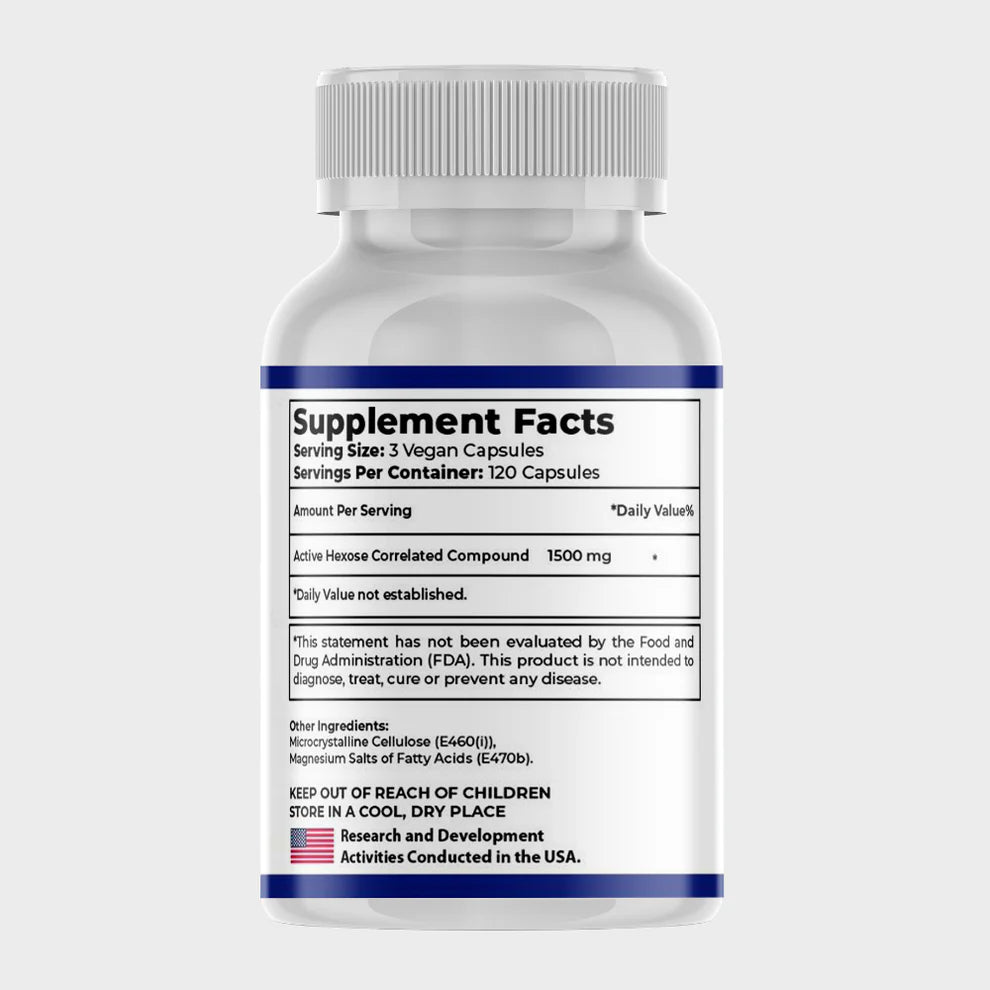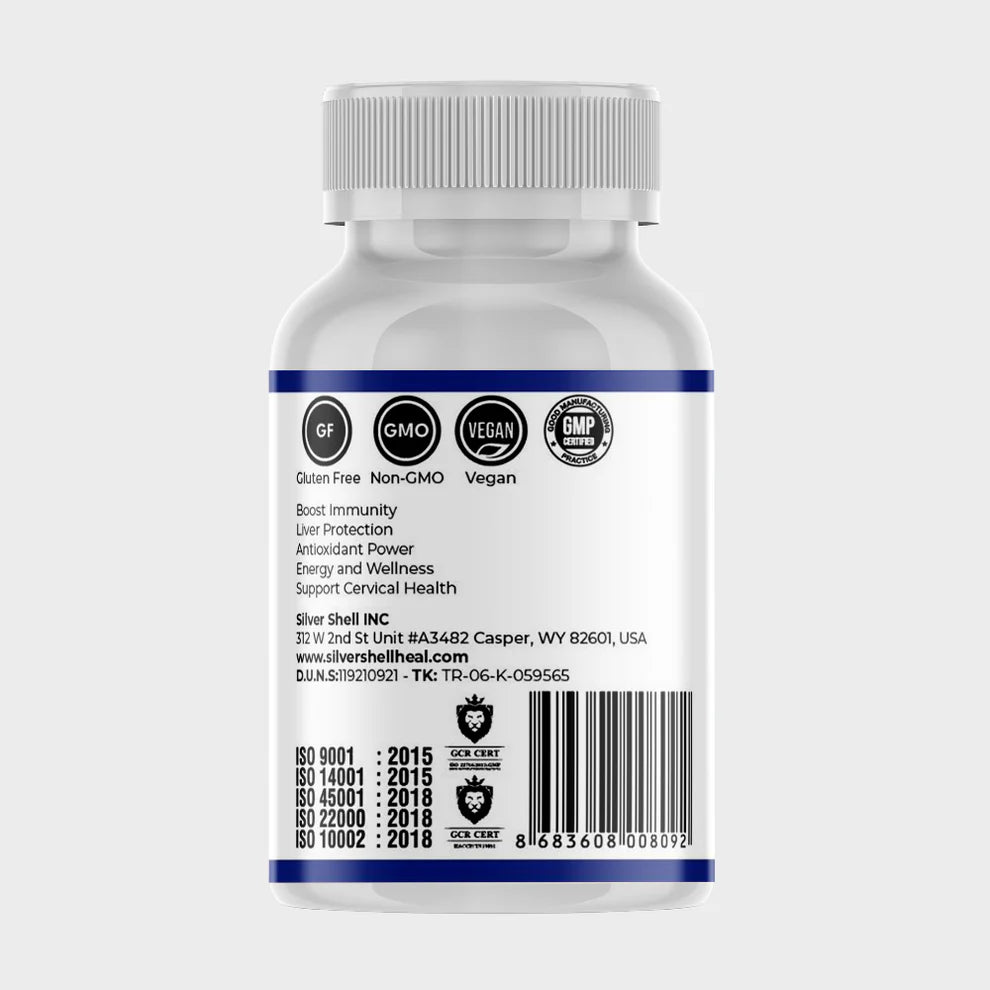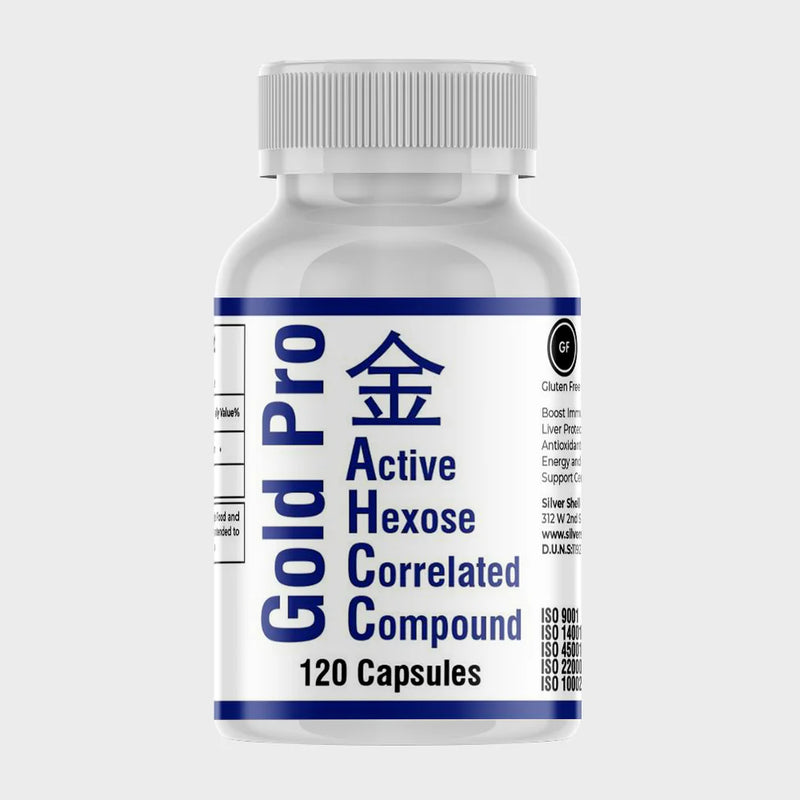Human papillomavirus (HPV) is a prevalent sexually transmitted infection affecting both men and women. With over 100 identified types, some strains can cause genital warts or contribute to the development of cervical cancer and other malignancies, including anal, penile, throat, and vaginal cancers. Although there's no outright cure for HPV, there are strategies to mitigate the risk of contracting the virus and developing associated health issues. One such approach involves dietary interventions. This article delves into the connection between diet and HPV, offering recommendations for foods that can help prevent HPV and those that may exacerbate the condition.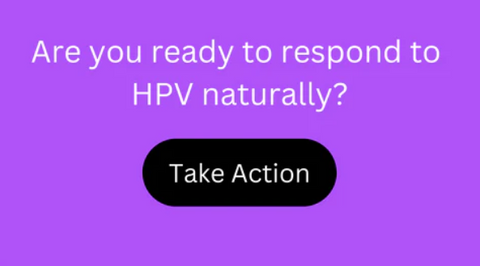
Table of Contents:
- How Diet Impacts HPV
- Foods That Aid in HPV Prevention
- Foods That Aggravate HPV
How Diet Impacts HPV
While diet alone cannot eliminate or prevent HPV, adopting a healthy eating regimen can enhance the immune system's effectiveness in combating HPV and other infections. A diet rich in fruits, vegetables, whole grains, and lean proteins provides essential vitamins, minerals, and antioxidants crucial for optimal bodily function.
Research indicates that individuals with high-fat diets, particularly those rich in saturated fats, face an elevated risk of developing cervical cancer. This association may be attributed to high-fat diets stimulating excess estrogen production, fostering the growth of cervical cancer cells. Moreover, diets lacking in fruits, vegetables, and antioxidants have been linked to an increased risk of HPV infection and cervical cancer.
Foods That Aid in HPV Prevention
-
Fruits and Vegetables: Integrate a variety of colorful fruits and vegetables into your diet, as they are rich in immune-supporting vitamins, minerals, and antioxidants. Examples include citrus fruits, broccoli, kale, carrots, and berries.
-
Vitamin C-Rich Foods: Foods high in vitamin C, such as oranges, strawberries, kiwi, and bell peppers, can bolster the immune system and potentially aid in HPV resistance.
-
Folate-Rich Foods: Folate, a B-vitamin found in leafy greens, beans, lentils, and avocados, plays a role in DNA repair and may assist the body in combating the effects of HPV.
-
Zinc: Essential for immune function, zinc is found in foods like lean meats, seafood, nuts, and seeds.
-
Probiotic Foods: Yogurt, kefir, sauerkraut, and kimchi, which contain probiotics, promote a healthy gut microbiome, supporting the immune system.
-
Green Tea: With antioxidants that may possess antiviral properties, green tea is a healthy beverage choice for those with HPV.

Foods That Aggravate HPV
-
Sugary Foods and Drinks: Excessive sugar intake weakens the immune system and promotes inflammation. Limit consumption of sugary snacks, sodas, and excessive sweets.
-
Processed Foods: Highly processed and packaged foods often contain unhealthy trans fats, artificial additives, and preservatives, negatively impacting overall health.
-
Excessive Alcohol: Heavy alcohol consumption weakens the immune system and heightens the risk of certain cancers. If you choose to drink, do so in moderation.
-
Smoking and Tobacco: Tobacco use increases the risk of HPV-related cancers, making it advisable to quit smoking and avoid secondhand smoke.
-
Red and Processed Meats: High consumption of red and processed meats is associated with an elevated risk of certain cancers. Opt for leaner protein sources like poultry, fish, and plant-based options.
-
High-Fat Foods: Diets high in saturated and trans fats, commonly found in fried foods and fatty cuts of meat, promote inflammation and weaken the immune system.
In summary, while diet alone cannot serve as a cure or absolute prevention for HPV, maintaining a healthy diet supports the immune system and reduces the risk of HPV infection and associated health problems. A diet abundant in fruits, vegetables, whole grains, and lean proteins provides the essential nutrients and antioxidants needed for optimal bodily function. Simultaneously, avoiding high-fat, processed, and sugary foods, moderating alcohol intake, and limiting red meat consumption can contribute to minimizing the risk of developing cervical cancer and other associated health issues. Prioritizing a healthy diet is crucial for overall well-being and reducing the likelihood of HPV infection and its related health complications


